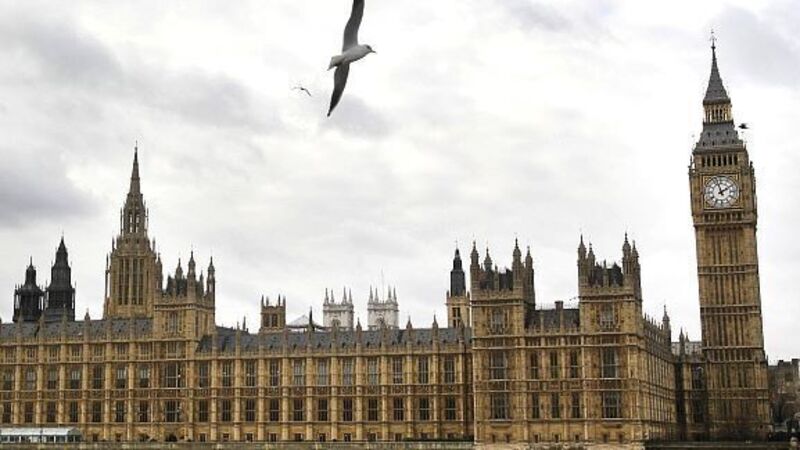Britain on the brink - Time for all to face the facts

The historic legislation will repeal the act that in 1972 took the UK into the then European Economic Community while simultaneously preserving the massive pile of EU laws as Westminster statutes until such time as parliament decides what is to be kept, changed or thrown out.
It will be a debate almost certain to produce much more heat than light — and one that’s likely to be won by Theresa May’s government at the second reading with a majority
















